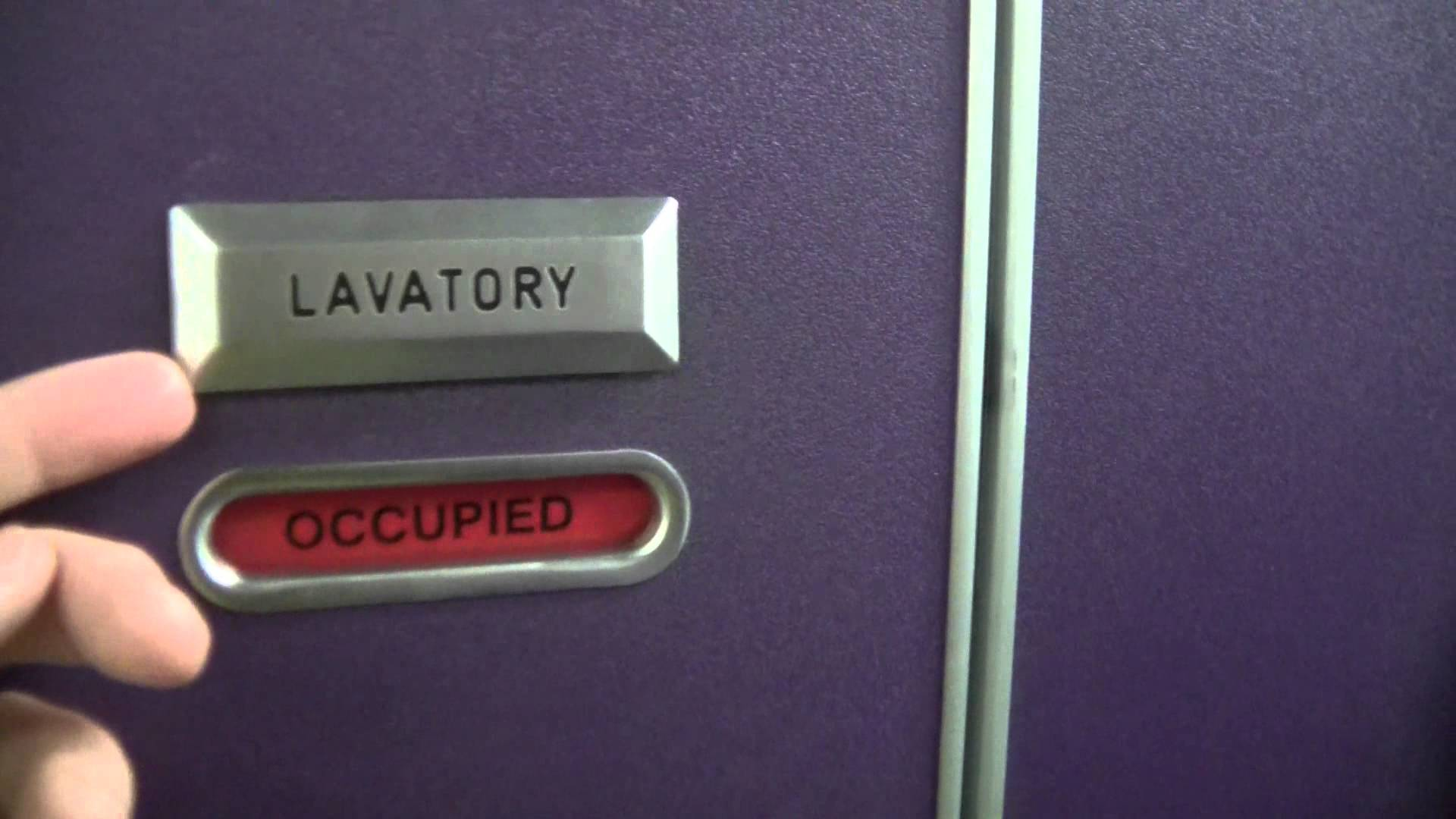An incident on a Juneyao Airlines flight from Guiyang to Shanghai has ignited widespread debate in China over the management of children in public spaces. On August 24, two women locked a crying toddler in an airplane toilet, a move that has drawn significant criticism and sparked a heated discussion online.
The controversy began when one of the women, Gou Tingting, posted a video on Chinese social media showing herself with the toddler in the toilet cubicle. Gou claimed she was trying to help by calming the child, but her actions quickly drew backlash. The video depicted another woman telling the child she could only leave the toilet if she stopped crying. The toddler, who was traveling with her grandmother, had reportedly started crying during the flight.
In the wake of the incident, Juneyao Airlines stated that the toddler’s grandmother had given permission for the women to take the child to the toilet. However, the airline’s explanation did little to quell the anger of many online users. Critics condemned Gou for what they perceived as a lack of empathy and “bullying” the child. One user on Weibo remarked, “Children cannot control their emotions at such a young age. What’s wrong with crying? Didn’t you cry when you were young too?”
Gou defended her actions, stating that she preferred to take action rather than remain a bystander, and that some passengers had moved to the back of the plane or stuffed their ears with tissue to escape the noise. Despite her explanation, Gou’s social media account has since been set to private.
The incident reflects broader tensions in China over how to handle what are often referred to as “bear children”—a term used to describe children who are perceived as disruptive or poorly behaved in public. Some argue for more tolerance and better accommodations for young children in public spaces, while others believe in stricter forms of discipline. This debate is mirrored in other parts of the world where policies on child-free spaces vary.
In South Korea, there have been efforts to create child-free zones in public spaces like restaurants and museums, although there is growing opposition to these measures due to concerns about societal acceptance of children. Similarly, some airlines offer child-free zones or premium options to avoid sitting near children, a practice that has its own set of controversies.
As the debate continues, the incident highlights the challenges of balancing the needs and behaviors of young children with the expectations and comfort of others in public settings.















